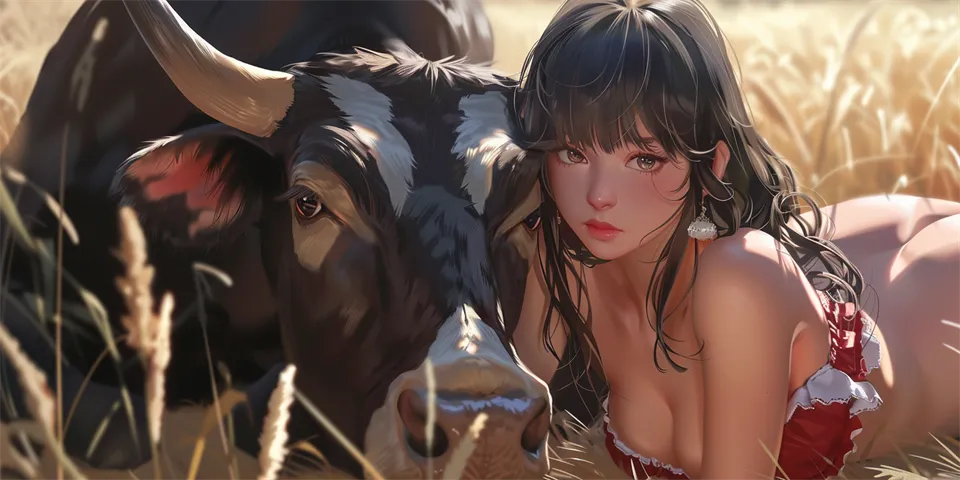Can you copyright fanfiction
The advent of the Internet has spoilt fan fiction writers with the opportunity to share their works with a broader audience. This surge in online fanfiction has birthed conversations surrounding its legalities, particularly within the domain of copyright law. The fundamental question hovering the subject is, “can you copyright fanfiction�
Fan Fiction �The Concept
Fan fiction (or fanfic) refers to the world of stories, poems, and scripts written by fans of existing works. They typically develop stories centered around characters from popular novels, movies, TV shows, video games, and cartoons, creating alternate scenarios or additional plotlines. Fanfic offers a platform for fans to creatively engage with their favorite worlds and characters.

Copyright Law Overview
Before diving into whether or not fan fiction falls under copyright restrictions, it's important to understand what copyright law entails. Copyright is a legal concept giving the original creators of creative works exclusive rights to the use and distribution of their content. These rights protect the intellectual property from unauthorized commercial use or replication.
Copyright law varies from country to country, but most of them recognize the key elements of copyright; creativity, originality, and the ability to be placed in a fixed medium of expression.
Copyright & Fanfiction
Given that fan fiction is based on someone else's original work, it falls into a unique copyright category. While it's a creative endeavor that typically includes original plot twists and character development, the fundamental elements and settings are from existing copyrighted material. As such, fanfiction inherently infringes on the copyright of the original work.
However, fan fiction isn't necessarily illegal. Fair Use Doctrine (in U.S. law) or Fair Dealing (in U.K and Canadian law) can protect fanfics. These principles consider the nature of the work, its purpose, the amount of the source material used, and its market effect. It’s often interpreted on a case-by-case basis.
Transformative Works
In copyright law, a work is considered transformative if it adds something new or different from the original, potentially qualifying the work under fair use. A fanfic that extensively transforms the original content into significantly new works could have a shot to be deemed 'fair use'. However, it should be noted that being transformative doesn't guarantee absolute protection.
Commercialization Risks
Commercializing fanfiction can potentially lead to lawsuits from the original creators. The likelihood of this occurring increases if the fanfic has substantial similarities to the original work and threatens its market. However, it partly depends upon the original creator's attitude towards fanfics.
Role of Platform & Policies
Websites like Fanfiction.net and Archive of Our Own(AO3) are the most popular platforms for sharing fanfics. These platforms usually have their own policies that help them manage copyright infringement issues. They have user agreements designed to protect them from copyright infringement-lawsuits by placing the blame on authors, not the platform.
Permissions from Original Creators
Some creators embrace fanfiction as a form of flattery and appreciate the devotion of their fans, while others see it as an infringement of their IP rights. Being proactive about seeking permissions from original creators can sometimes smooth the path for fanfiction writers.
Conclusions
While fanfiction inherently deals with copyrighted material, navigating its copyright status is complex. It mostly thrives in the gray areas of copyright law and frequently depends on the original creators' toleration and individual jurisdictions.
FAQs
1. Can I make money from fanfiction?
Commercializing fanfiction without explicit permission from the original creators can lead to legal complications and is generally not advised.
2. Can fanfiction be published?
Yes, but it likely needs to be deemed as 'transformative' or have necessary permissions from the original creators to mitigate copyright issues.
3. Are fanfiction websites legal?
Yes. These websites typically protect themselves with user agreements and takedown policies, and the fanfiction itself may fall under 'fair use'.
Reference: Center for Media & Social Impact. (n.d.). Copyright & fair use. https://www.cmsimpact.org/copyright-areas/copyright-fair-use/
Tushnet, R. (2006). Copyright law, fan practices, and the rights of the author. In Y. Bay-Cheng, M. Hatley & S. Wojcik (Eds.), Medea's sons: The making and unmaking of men and masculinity in contemporary Britain. Yale University Press.
Explore your companion in WeMate